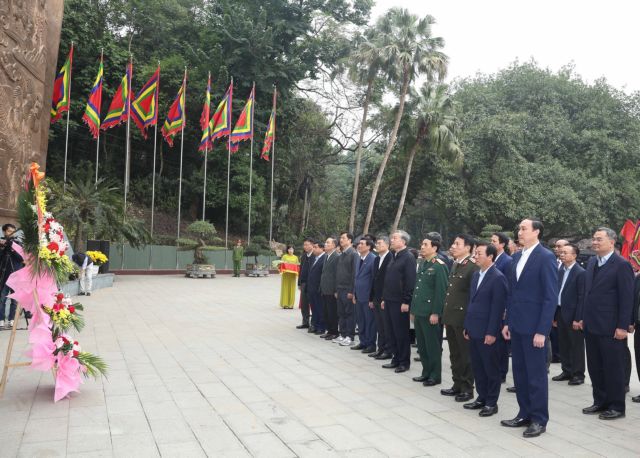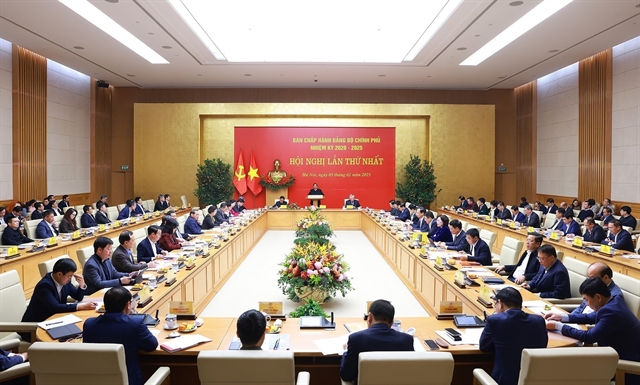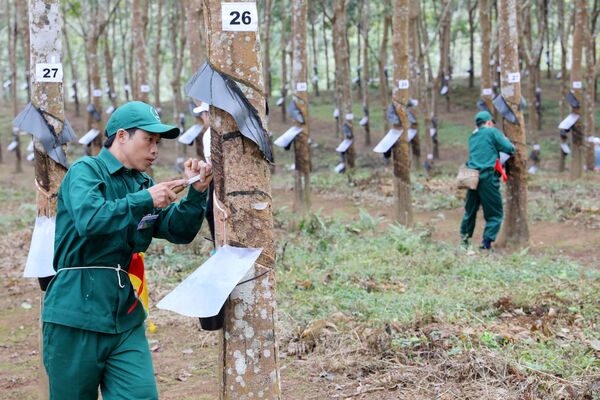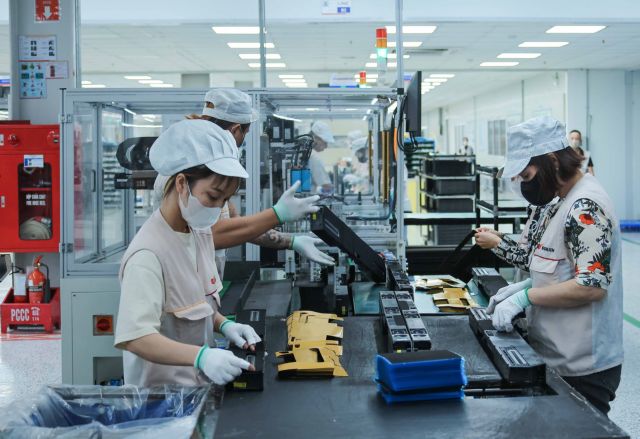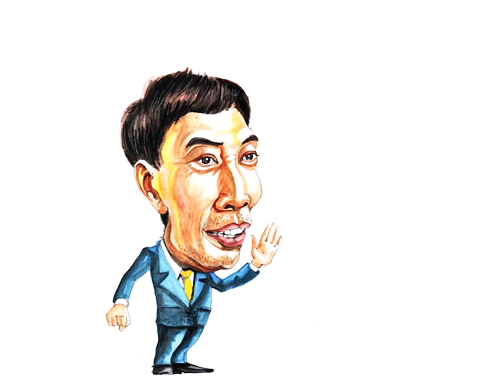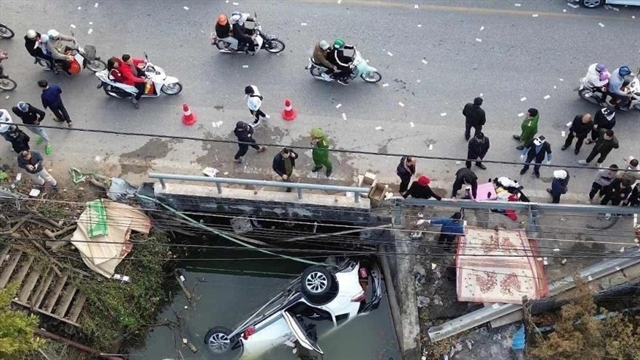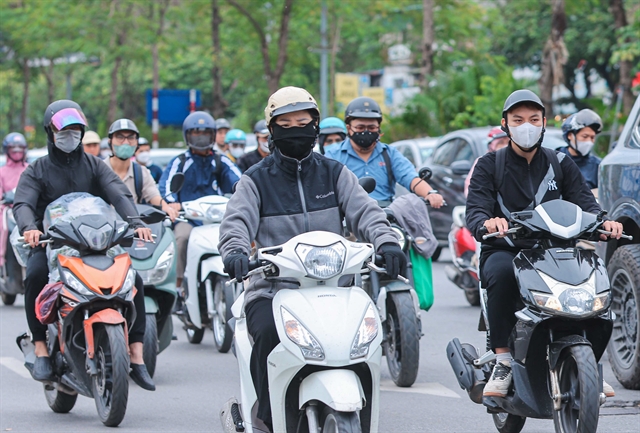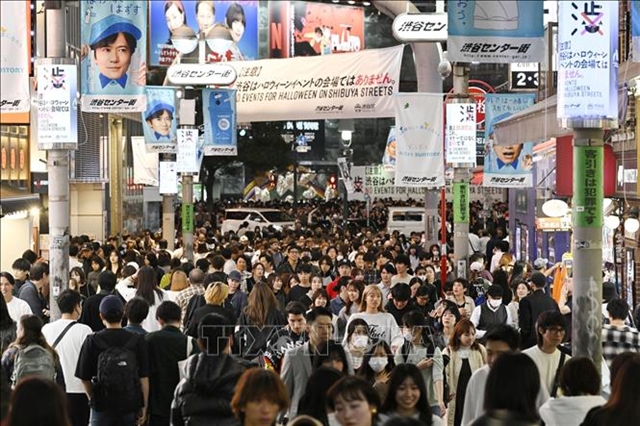

MSD (tradename of Merck & Co., Inc., Kenilworth, New Jersey) has announced it has sponsored the Business Council for International Understanding to hold a high-level forum with the topic “Combatting Antimicrobial Resistance in Việt Nam and Southeast Asia” with attendees from the Ministry of Health, Việt Nam Social Insurance, international experts and leading healthcare professionals across the country.

|
MSD (tradename of Merck & Co., Inc., Kenilworth, New Jersey) has announced it has sponsored the Business Council for International Understanding to hold a high-level forum with the topic “Combatting Antimicrobial Resistance in Việt Nam and Southeast Asia” with attendees from the Ministry of Health, Việt Nam Social Insurance, international experts and leading healthcare professionals across the country.
This forum was convened with the support of the Global Health Security Agenda and in co-operation with the US Centres for Disease Control and Prevention.
Addressing antibiotic resistance is more critical than ever
The forum was an open dialogue to discuss the latest information on antimicrobial resistance (AMR) and to understand the Government’s priorities for combating its progression. Panelists also discussed opportunities for the different AMR stakeholders to work collaboratively on new solutions for surveillance, antimicrobial stewardship, and access and funding issues.
The pipeline of new antibiotics was also discussed. Unlike in the areas of oncology and diabetes, where many new molecules have been registered and launched in Việt Nam, very limited numbers of new and innovative antibiotics have been introduced in Việt Nam since 2010, even though antibiotics account for a high proportion of drug expenditure.
Recent assessments from the WHO and Pew Charitable Trusts have found that there are still not enough antibacterial treatments in clinical development worldwide to fight the growing threat of drug-resistant bacterial infections. As a result, we need urgent actions to accelerate the antibiotic development. WHO has challenged policymakers, pharmaceutical companies, research funders and antibiotic innovation stakeholders with the following actions: Increase public funding for early-stage research for innovative antibiotics to overcome the basic scientific challenges of antibiotic discovery; ensure promising antibiotics successfully move through clinical development by increasing push and pull incentives - this includes public-private partnerships; and identify innovative solutions for sufficient return on investment for new antibiotics while ensuring their appropriate use. This could include different reimbursement and procurement models to facilitate bringing urgently needed antibiotics to market.
During the forum, participants discussed the impact of AMR not only on healthcare but also on socio-economic aspects. Việt Nam has implemented a number of measures to combat AMR, such as The National Action Plan on AMR, which was developed for the 2013-2020 period. In July 2020, MoH released the Criteria for hospital safety. The Antibiotic Stewardship Program (AMS) has received mutual effort from different organisations like CDC, Global Health Security. A national surveillance programme was started in 2016 with 16 microbiological labs under CDC supervision. These programmes will be crucial for monitoring resistance trends.
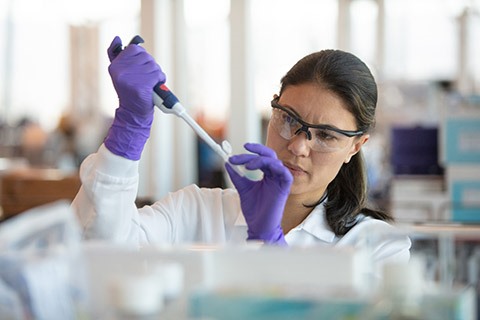
|
Antibiotic resistance and its progress in the region
Since their development, antibiotics have transformed healthcare and saved countless lives globally. But rising levels of AMR make current antibiotics less effective. Resistance is a naturally occurring phenomenon through which bacteria build up defenses against antibiotics. The nature of resistance means that there is a continual need to develop new antibiotics so we can stay a step ahead of resistant pathogens.
Việt Nam, with a population of nearly 96 million, has recorded amongst the highest AMR pressure in the Asia-Pacific region. Hospital acquired infections, predominantly with multi-drug resistant Gram-negative organisms, have placed additional strain on limited resources. In the COVID-19 pandemic, Việt Nam experienced the high multiple-drug resistance infection (2-3 pathogens in a patient) which was the leading cause of death in recent cases.
Some of the factors leading to high levels of AMR in Việt Nam are the inappropriate use of antibiotics in hospitals, the community and in agriculture. The Pharmaceutical Law (2005) made antibiotics prescription-only drugs. Despite this, antibiotics continue to be dispensed without a doctor’s prescription. Additionally, many antibiotics used to treat human disease are used in agriculture. This also contributes to antibiotic resistance.
Rates of ESBL-producing Enterobacterales have increased 24% globally and rates of carbapenem-resistant Enterobacterales in endemic regions (like Việt Nam) have reached as high as 65%. It is projected that by 2050, annually more than 4.7 million people in Asia Pacific will die from infections previously curable by antibiotics, representing the highest projected death toll globally. Factors unique to Asia Pacific (including environmental, socio-economic, agricultural, geographic and demographic) mean the region acts as an epicenter for antimicrobial resistance that impacts healthcare systems. Home to 60% of the world’s population, many of the region’s low- and middle-income countries also have less stringent healthcare policies, and antibiotics are often easily accessible.
Antimicrobial resistance is a growing global concern with the increasing incidence of ESBL-producing bacteria and CRE pathogens. However, there are not enough antibacterial treatments in clinical development worldwide to fight the growing threat of drug-resistant bacterial infections.
MSD’s commitment in addressing AMR
There’s no single or simple solution to the complex problem of AMR, but MSD is committed to investing our expertise and resources alongside our partners to get much-needed antibiotics to those who need them most. MSD is proud to commit to invest US$100 million over 10 years in the new AMR Action Fund.
With this new fund for antibiotic research and development, the collective aim is to bring two to four new antibiotics to patients and physicians by the end of the decade. Major pharmaceutical companies have backed away from antibiotic development due to the struggle with recouping their investment.
In Việt Nam, MSD has implemented the AMS program in Chợ Rẫy Hospital since 2012 and has expanded to 17 key hospitals. Chợ Rẫy Hospital, one of the first hospitals to implement AMS, has already demonstrated significant reduction in antibiotic usage of over 30% in volume, leading to significant savings of $2.1 million in 2015 and an additional $1 million in 2016. By the end of 2020, under the Ministry of Health - MSD partnership on AMS programs, there have been 36 hospitals actively participating.
MSD has remained committed to antibiotic research and development for over 80 years and brought forward new treatments each decade.
MSD works with public health bodies, healthcare professionals and diagnostics companies to inform appropriate antibiotic use by sharing surveillance data. One of the largest AMR surveillance programs - Study for Monitoring Antimicrobial Resistance Trends (SMART) program - has collected approximately 500,000 bacterial isolates from 217 sites in 63 countries since 2002. This data can help to curb the development of AMR by informing adequate treatment plans and prescribing guidelines that ensure antibiotics are used appropriately.

